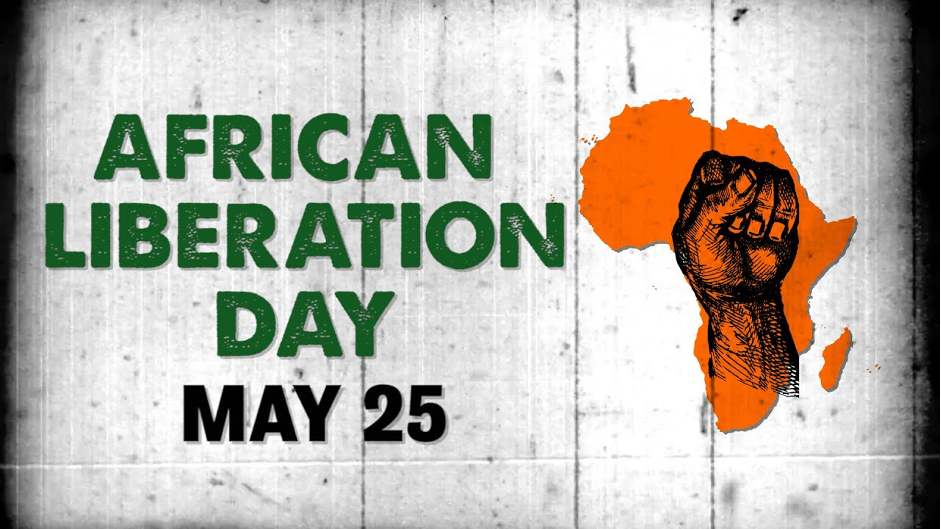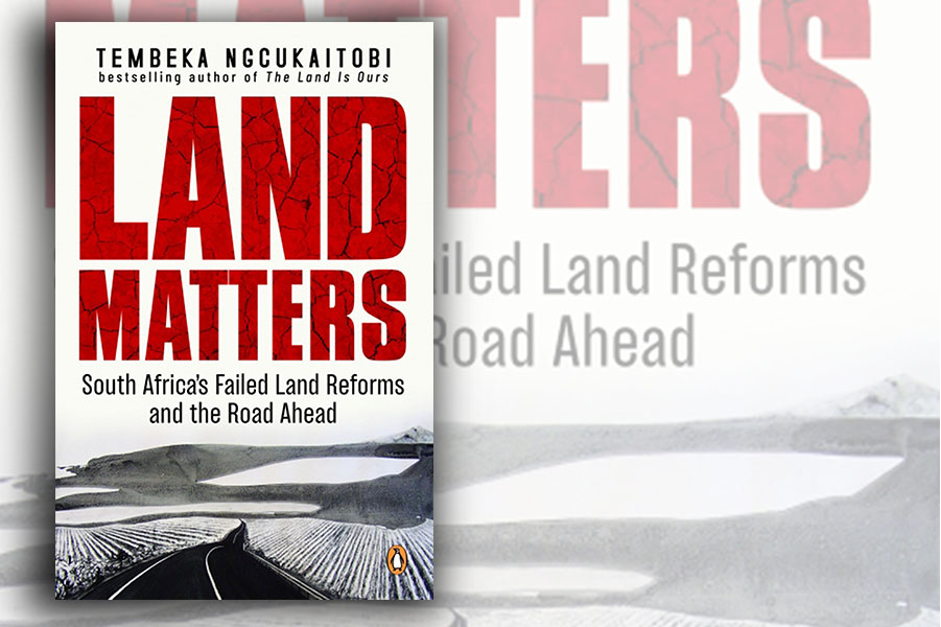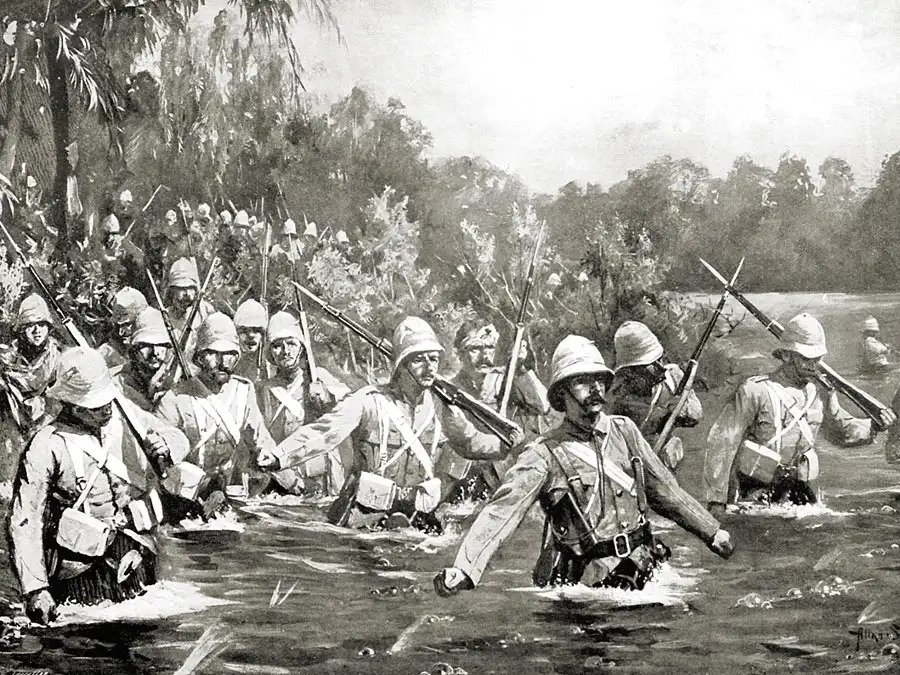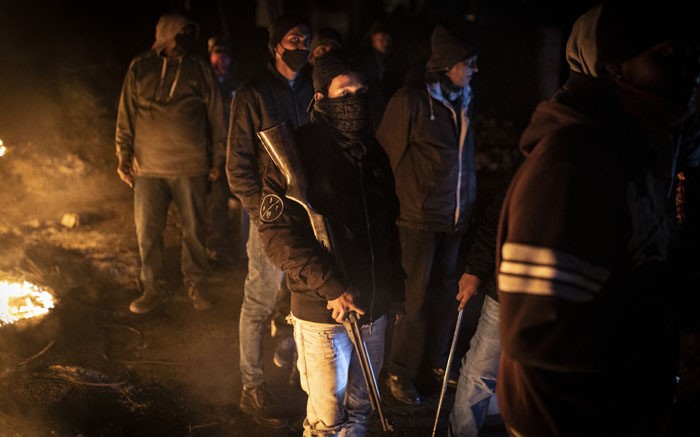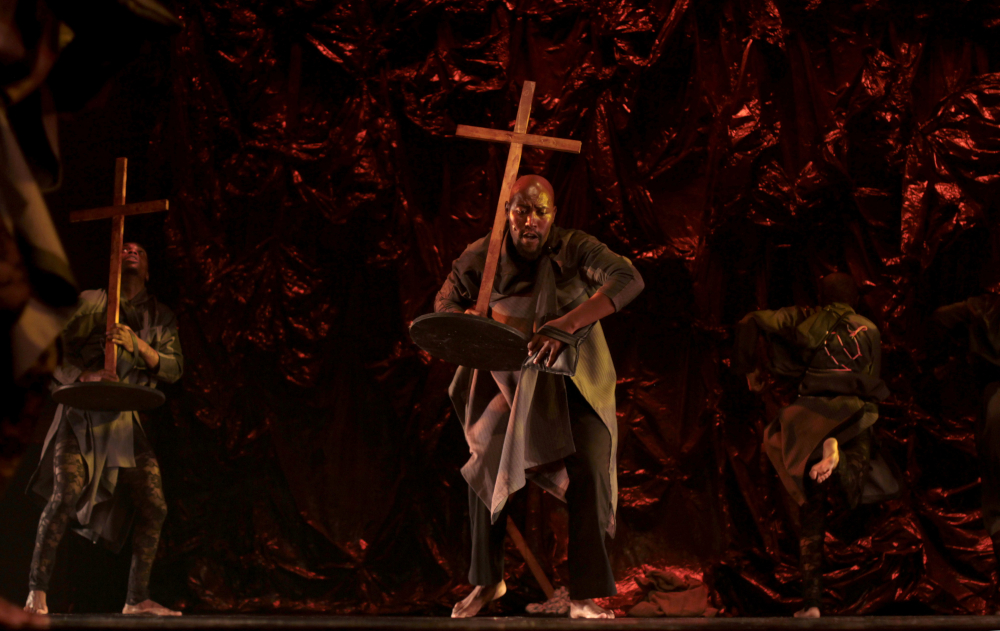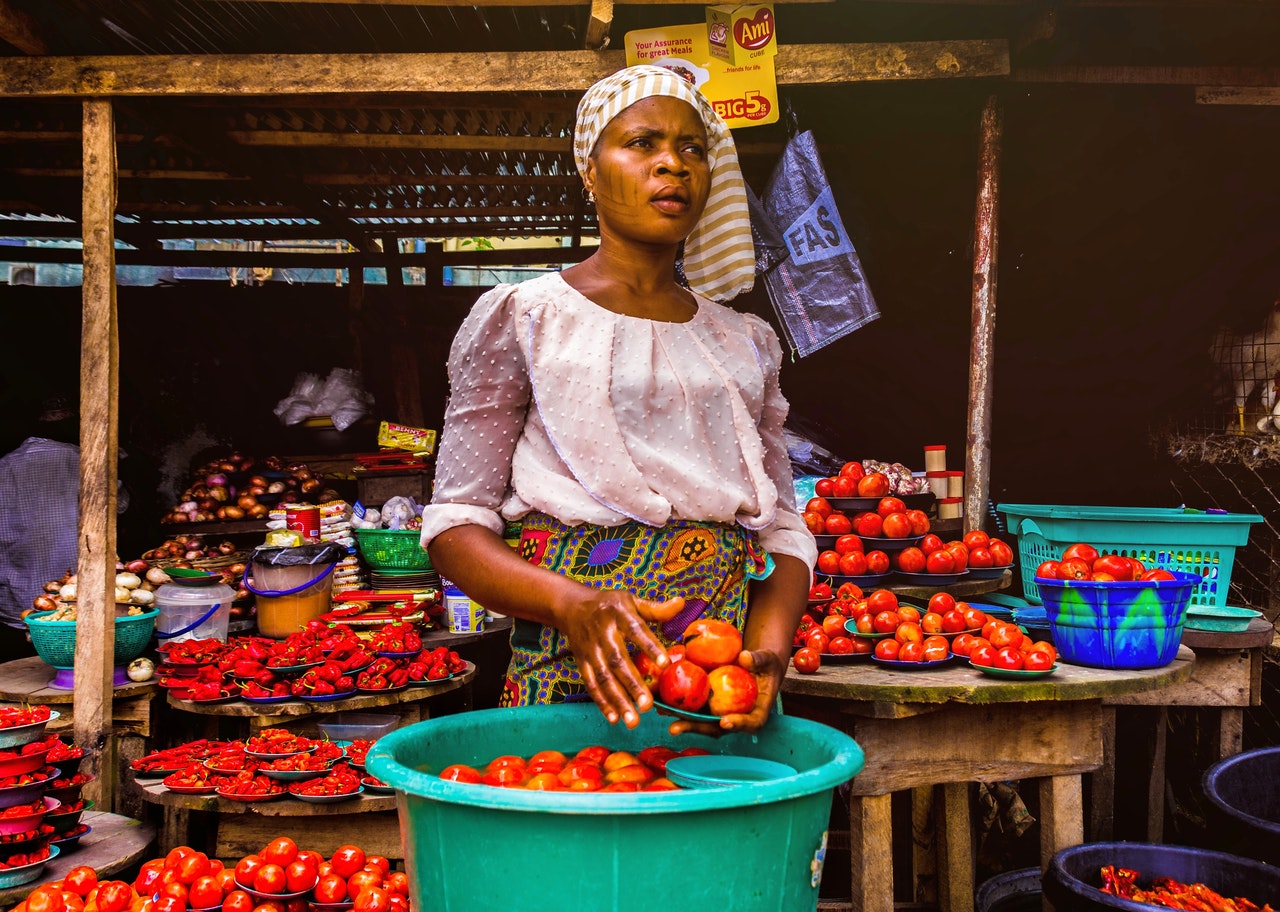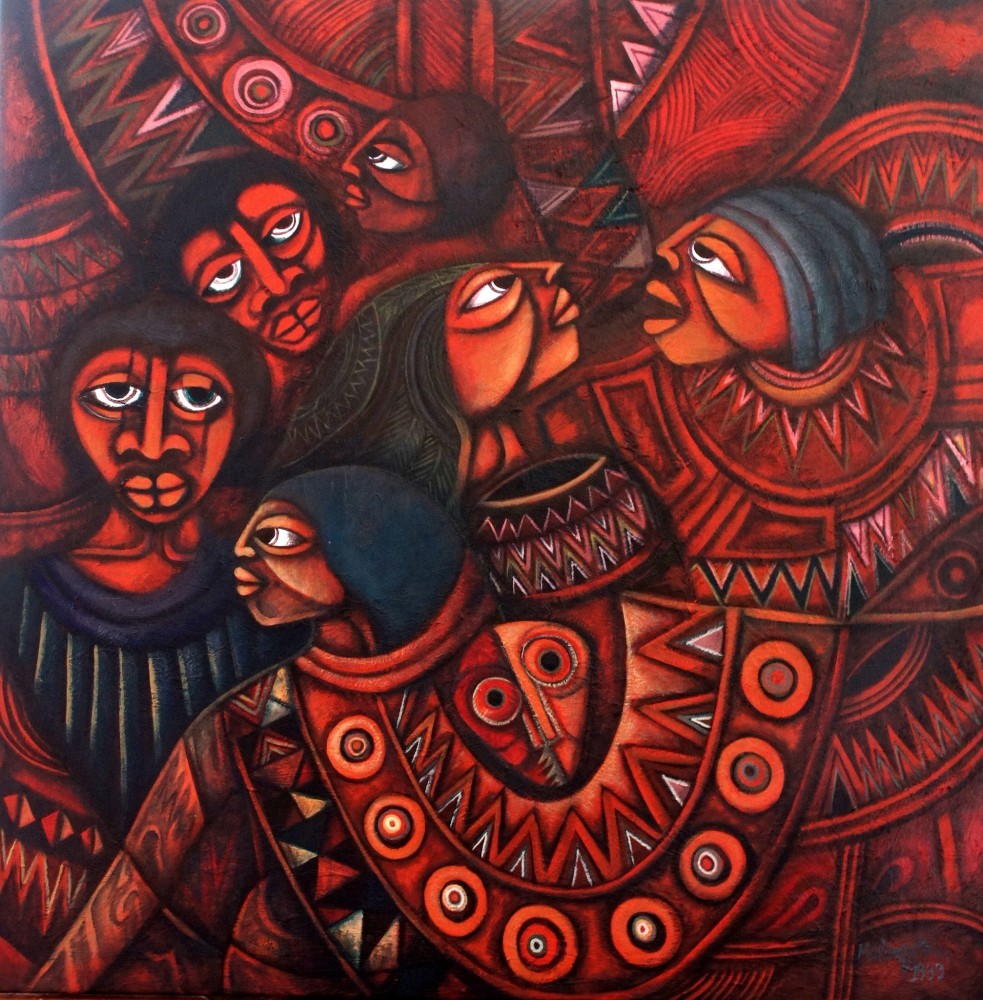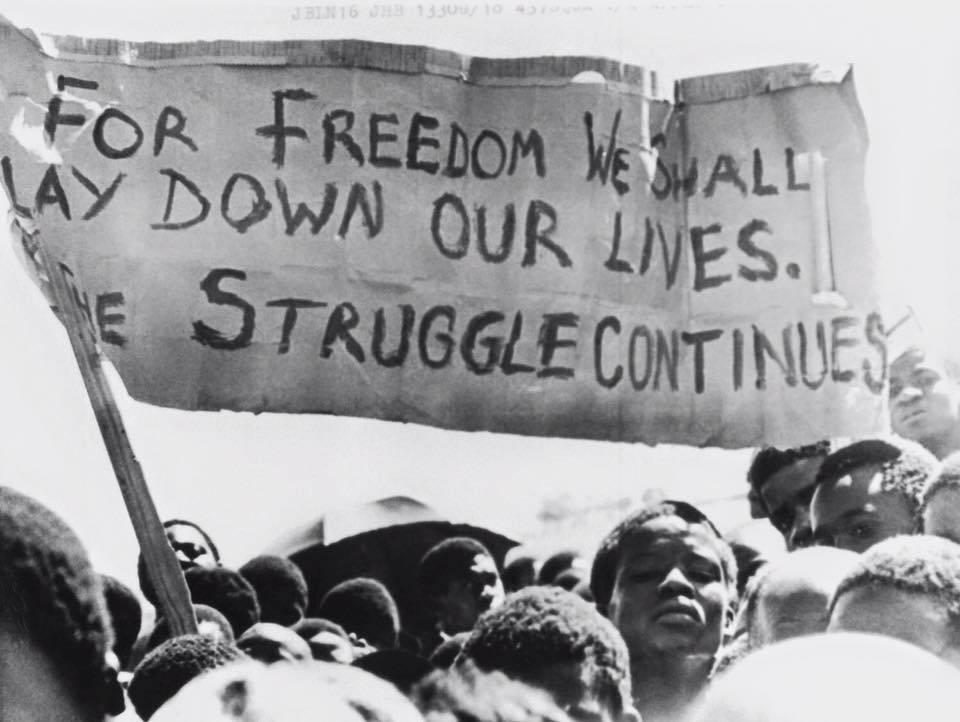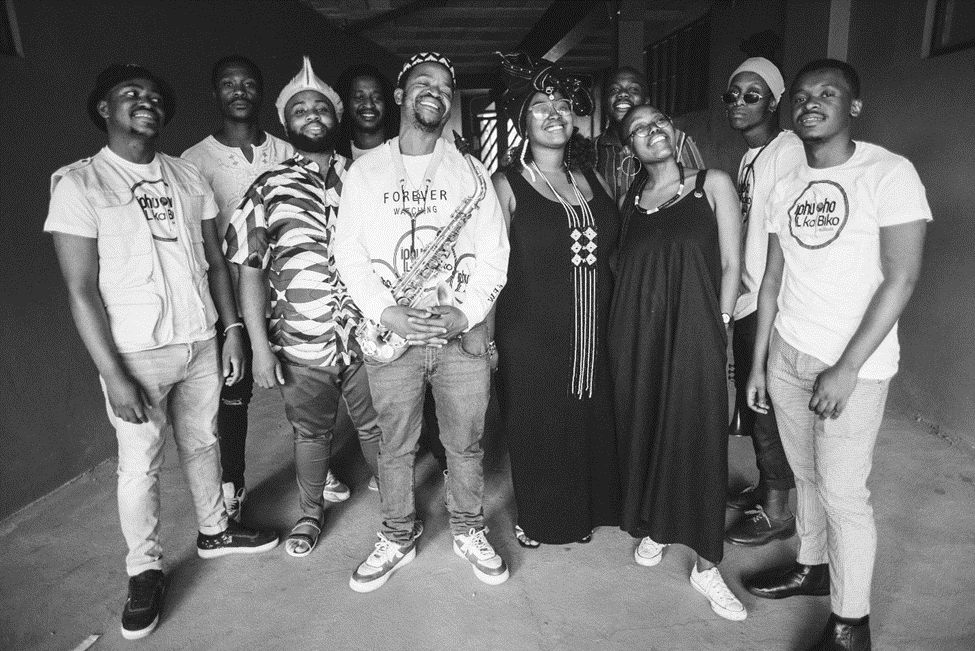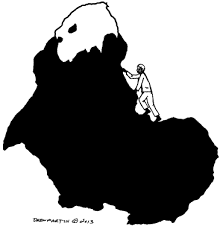The Historical Context of The Celebration
In 1963 the Organization of African Unity decided to coordinate and support the activities of national liberation movements by establishing a Coordinating Committee for the Liberation of Africa based in Dar-es-Salaam and the date of 25 May was established as Africa Liberation Day, to celebrate the ongoing struggles for African liberation and unity. While the significance of this date has a complex history, two things stand out when one discusses the implications of this date in the history of the struggle for Afrikan national liberation from Imperialism and colonialism. These two main issues are decolonization and Pan-Afrikanism. Both decolonization and Pan-Afrikanism are complex ideas whose meaning, and importance have been changing for many years. The celebration of Afrika Liberation Day depends on the historical context and condition of those who celebrate it. Afrikan countries which deem their “post-colonial” context as indicative of liberation and freedom from imperialism and colonialism will celebrate it differently from those who are still in the process of freeing themselves from the problem of settler colonialism and white supremacy. For instance, what does Africa Liberation Day mean for the Afrikan majority in South Africa who have been conquered by white settlers since 1652? What this question tries to problematize is the fact that there is not much to celebrate by the Indigenous people in conqueror South Africa. This is because the restoration of Izwe Lethu/our land and its attendant sovereign self-determination have not yet been attained by the Afrikan majority. South Africa remains a white settler colony under a black government of “civilized natives”.
White Settler Colonialism and Pan-Afrikanism in South Africa
White settler colonialism has a complex history which includes slavery and “the journeys of discovery” around the 1400s. These European criminal campaigns which are euphemistically called “journeys of discovery” were based on the blessings of the popes. These popes issued papal bulls such as Romanus Pontifex in 1455 to bless the pillage, invasion, and conquest of people outside Christian nations of Europe. It is in this sense that we can trace the origin of the conquest in 1652 of an independent Azania currently known as South Africa. South Africa as a white settler republic was created in 1852 by Dutch settlers and was called Zuid-Afrikaansche Republiek or the South African Republic. But South Africa as a union was created in 1910 based on unified white settler nationalism. The African national congress was founded in 1912 to protest against the exclusion of the African majority from white South Africa. Of course, the protest was waged by “civilised natives” such as Sol Platjie and John Dube to integrate first the Bourgeois class of Amakholwa (Christian Africans) into white South Africa. This bourgeois class of amazemtiti (the exempted ones from certain restrictions of white settler colonialism like native law) avoided revolutionary confrontation which was called for by Amaqaba (Afrikans who rejected Western culture and the presence of whites in conquered Azania).
It is a contradiction in terms to see the ANC which is responsible for the delay of the confrontation between the natives and settlers, which will result in the liberation of the Afrikan majority, celebrate Afrika Liberation Day. This point is very important because already in the 1960s the Pan-Africanist Congress of Azania under Robert Sobukwe had reached the correct conclusion that the ANC is no longer a liberation movement due to its embrace of the Freedom Charter. For the PAC of Azania whose founding moment was blessed by other notable Pan-Afrikanist leaders on the continent, the fundamental issue of decolonization is the return of the land to the Afrikan majority. It is in this sense that the PAC was based on the political vision of an independent Azania in which the Afrikan majority has attained real power and collective self-determination from white settlers and their white supremacy. For the leaders of the PAC and the Azanian political tradition in general, South Africa represents white settler colonialism and as long as the land is not returned to the Afrikan majority as the rightful owners, any talk of freedom and independence is a cynical case of “telling lies and claiming easy victories”.The political vision of the ANC as a Charterist movement which sought to democratize South Africa as opposed to destroying it through revolutionary war to restore an independent Azania in its place is not compatible with the celebration of Africa Liberation Day. This is because this political vision of being integrated by white settler colonizers is incompatible with the process of decolonization. Decolonization does not entail transforming a white settler colony like South Africa but implies fighting for the demise of whites and white supremacy. Because conqueror South Africa is a white settler colony, the process of attaining liberation does not entail the extension of democratic rights to the Afrikan majority but the restoration of an independent Azania and the expulsion of all non-Africans. This is because South Africa was built by whites on the premise of the demise of an independent Azania and some Azanians.
Garveyism or Perish
The problem of settler colonialism is not an outstanding issue of liberation which should be confined to the southern part of the continent. There is settler colonialism in the northern part of the continent as well. So, Afrikans who are serious about issues of liberation on the continent must urgently begin to problematize the presence of Europeans and Arabs as settler colonizers who continue to despise and racially dominate Afrikans on their land. Arabs are not African but are settler colonizers who conquered ancient Kemet in 640 AD. From a Garveyite perspective, Afrikans must regard settler colonialism as the dominant challenge of Pan-Afrikanism in the 21st century. This is because should Afrikans fail to take seriously the challenge of settler colonialism at least in the next 100 years, they will be racially exterminated while celebrating Africa liberation day. The basis on which Afrikans should discuss the issue of settler colonialism is the Garveyite slogan of Afrika for the Afrikans which was embraced by Anton Lembede in the form of Afrika for the natives only. The OAU and the AU are organizational expressions of Kwame Nkrumah’s nonracial continental Pan-Africanism which welcomes Arab and European settlers on the continent of Afrika and embraced by Robert Sobukwe in the form of his misguided and naïve African table metaphor which accepts white settlers as Africans. This is the Pan-Afrikanism which is behind Africa liberation day. This naïve form of Pan-Afrikanism fails to take drastic steps against white settlers (which entail turning the logic of elimination against all white settlers) who call Afrikans immigrants in their land should be abandoned.
The celebration of Africa Day must not be characterized by philistine fanfare but must be a solemn moment of deep recollection and critical thinking about the horrible condition of Afrikans in many parts of the continent such as Sudan and South Africa. Afrikans must engage in serious and urgent discussions about the uselessness of a nonracial continental Pan-Afrikanism of Nkrumah and the urgent challenge to eliminate white settler colonialism. As Afrikans we must use this moment to reflect frankly on our weaknesses (such as naïve generosity and multiculturalism) as a collective which accounts for the continuation of settler colonialism and neo-colonialism across the continent. It is in this sense that the celebration of Africa Liberation Day can contribute to the liberation of Afrikans from white settler colonialism and white supremacy in the 21st century before it’s too late.

